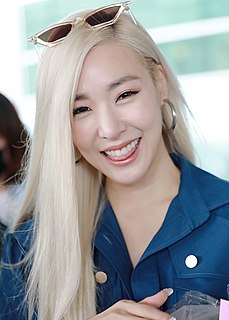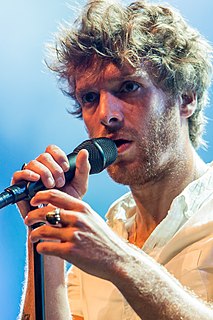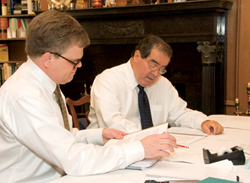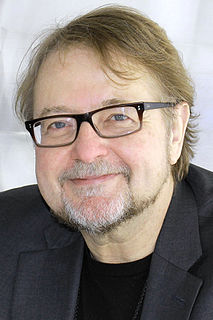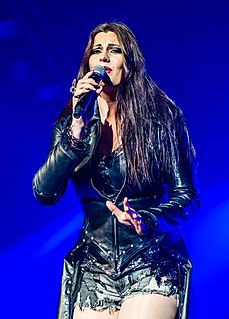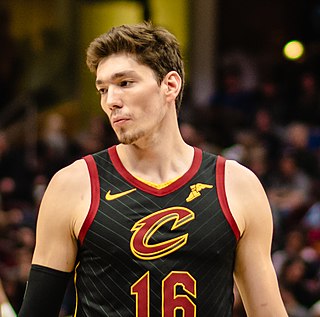A Quote by Tiffany Hwang
I'd like to pursue music back home because I still tend to express myself better through my mother language - English - and it's something I've been dreaming about and would like to achieve.
Related Quotes
English has always been my musical language. When I started writing songs when I was 13 or 14, I started writing in English because it's the language in between. I speak Finnish, I speak French, so I'll write songs in English because that's the music I listen to. I learned so much poetry and the poetic way of expressing myself is in English.
I would say I like expressing myself in different ways. The way I can express myself in songs is awesome. What you can express through acting is cool too. I just want to let it all out. I like them both for different reasons, though. Music has a freedom that acting doesn't really have, and acting presents a challenge that music necessarily doesn't.
Not that my life has been so crazy and exciting but, it just seems like if I can bring more of myself to the role. It's going to help keep it spontaneous and exciting, instead of thinking in terms of this box of a human that I have to slip myself into every week, which I tend to do more when I'm shooting a movie. On a television show, this is all kind of still new to me, doing many episodes of something, so I want to try to keep it as fresh and close to home as possible, so it doesn't get stale and I still like it every day.
James Joyce's English was based on the rhythm of the Irish language. He wrote things that shocked English language speakers but he was thinking in Gaelic. I've sung songs that if they were in English, would have been banned too. The psyche of the Irish language is completely different to the English-speaking world.
A word about 'plain English.' The phrase certainly shouldn't connote drab and dreary language. Actually, plain English is typically quite interesting to read. It's robust and direct-the opposite of gaudy, pretentious language. You achieve plain English when you use the simplest, most straightforward way of expressing an idea. You can still choose interesting words. But you'll avoid fancy ones that have everyday replacements meaning precisely the same thing.
